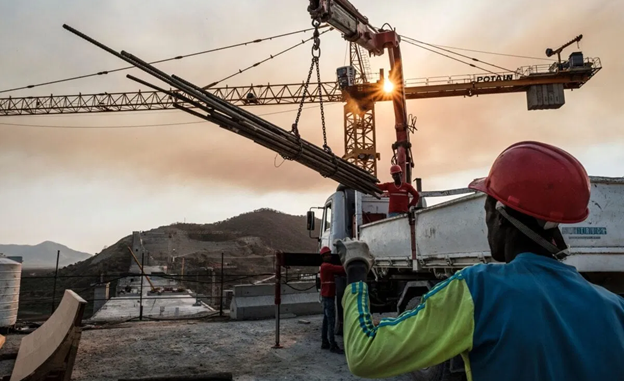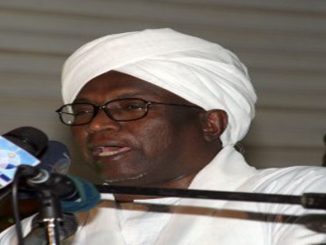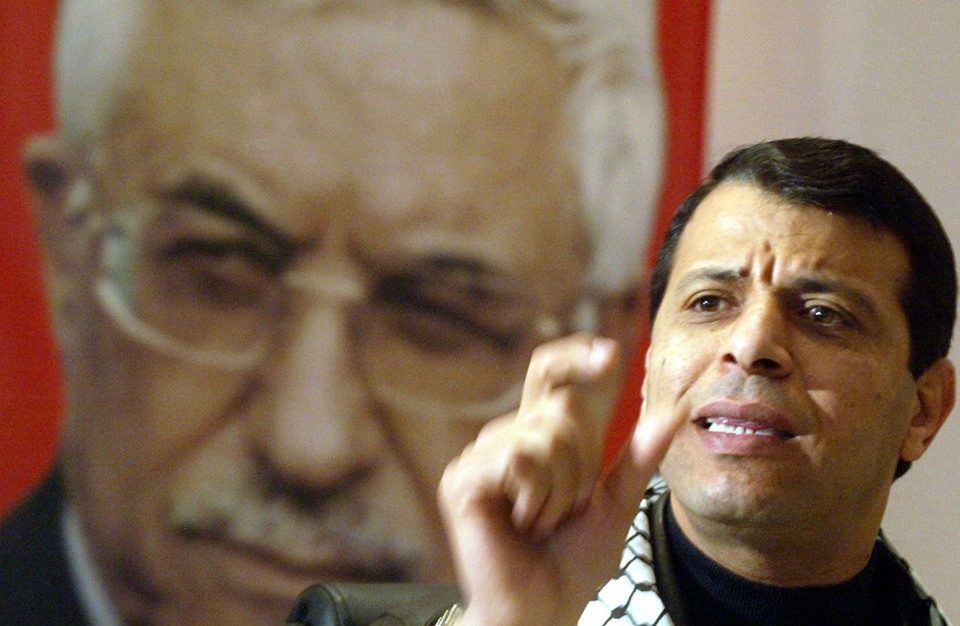
Egypt’s Foreign Ministry yesterday expressed its anger over Ethiopian officials’ use of “the language of sovereignty” in their recent statements about the Grand Ethiopian Renaissance Dam (GERD).
“It is regrettable that the Ethiopian officials use the language of sovereignty in their speeches about the utilisation of the resources of a transboundary [Nile] river,” the ministry’s spokesperson, Ahmed Hafez, told reporters, stressing that international rivers were a “common property of riparian countries.”
Ethiopian Water Minister, Seleshi Bekele, said on Wednesday that his country would complete the second phase of filling the dam “during the coming rainy season in July” and that this would not be postponed “by any means.”
“It is not permissible to extend sovereignty over international rivers or seek to monopolise them,” Hafez stressed.
The Egyptian official reiterated that natural resources must be used “to serve the peoples of the countries that share them on the basis of the rules of international law, the most important of which are the principles of cooperation, fairness and non-harm.”
He pointed out that the statements by Addis Ababa reflected an “absence of the Ethiopian side’s political will to negotiate in order to reach a settlement to the Renaissance Dam crisis,” reaffirming that the African country was intending “to impose a fait accompli on Egypt and Sudan.”
“This is something Egypt rejects because of the threat it poses to the interests of the Egyptian and Sudanese peoples and the impact of such unilateral measures on security and stability in the region,” Hafez noted.
Cairo, Khartoum and Addis Ababa have long been in talks over the filling and operation of GERD – a dispute that is yet to be resolved even after the reservoir behind the dam began to be filled in July.
Egypt, which gets more than 90 per cent of its scarce fresh water from the Nile, fears the dam could devastate its economy and reduce its annual share of water.
Sudan: Positive response to quadripartite mediation
Sudan announced on Thursday that it had received positive responses to form a quadripartite mechanism to mediate the negotiations of the Ethiopian Renaissance Dam.
This came in a statement issued by Head of the technical negotiating team on the Renaissance Dam Mustafa Hussein, reported Sudan News Agency (SUNA).
Hussein confirmed that Sudan: “Received very positive responses from all parties that were invited to take part in the quadripartite mediation on the Renaissance Dam, namely the United Nations (UN), the European Union (EU) and the US, in addition to the African Union (AU), which sponsors the negotiations.”
He continued: “The international parties expressed their readiness to play the role of facilitators and mediate the negotiations, while offering their technical, legal and political expertise to bridge the rift between the three countries.”
The Sudanese official pointed out: “The quadripartite mediation will enhance and support the efforts of the AU headed by the Democratic Republic of the Congo to reach a binding and agreeable legal agreement for the three parties on filling and operating the Grand Renaissance Dam.”
He indicated that the insistence of the Ethiopian Ministry of Water, Irrigation and Electricity: “On proceeding with the second filling of the dam next July, without reaching an agreement, means that Ethiopia does not intend to change its stance, which constitutes a violation of international law.”
The chief negotiator considered that this: “Contradicts the Declaration of Principles signed by heads of the three states in March 2015 regarding filling and operating the Renaissance Dam.”
Hussein called on Ethiopia to: “Cultivate a good sense of logic, adhere to the international laws that respect the transboundary waters, and abide by the principle of fair and reasonable use of water, without causing significant harm to the riparian countries.”
He continued: “We affirm that Sudan is capable, in all cases, of protecting its national security, resources and the integrity of its infrastructure.”
On Monday, Sudan announced sending official letters to the AU, the UN, the EU and the US to participate in a quadripartite mechanism to mediate in the negotiations.
On 9 March, Ethiopia rejected a Sudanese proposal, supported by Egypt, to form a quadripartite international mediation to reach a breakthrough in the dam negotiations.
Ethiopia insists on starting the second filling of the dam even if it does not reach an agreement, while Egypt and Sudan insist on signing a tripartite agreement first, in order to secure their annual share of Nile water and protect their water facilities from potential damage.
The negotiations sponsored by the AU have been stalled since last January due to Khartoum’s demands to change the negotiation methodology and Ethiopia’s rejection of this step.



